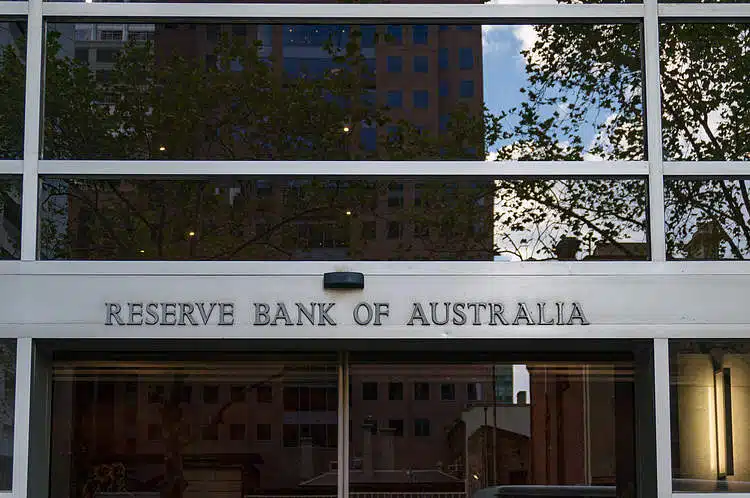The Reserve Bank of Australia’s (RBA) Assistant Governor (Financial Markets), Christopher Kent, has provided insights into the bank’s stance on the economy’s current situation, with a focus on the impact of interest rates and the strength of Australian banks.
Kent stated that the RBA’s regulatory requirements were being met, with the banks’ capital and liquidity positions well above regulatory demands. Furthermore, he added that Australian banks were well placed to repay loans made to them by the RBA during the pandemic, with the first tranche of AUD 76 billion due between April and September.
However, Kent also acknowledged that the pandemic had left households with significant savings, leading to a higher share of fixed-rate mortgages. This scenario has made it more challenging for the RBA to see the full impact of interest rate increases on the economy, he noted.
The RBA is aware of the challenges facing borrowers resulting from rapid rate rises, and a broad range of borrowers have building up sizeable mortgage buffers. Thus, the bank expects it to take longer than usual to see the full effect of higher interest rates on household cash flow and household spending. The RBA will continue to closely monitor the transmission of monetary policy and its impact on household spending, the labor market, and inflation.
Inflation is a critical concern for the RBA, and the bank’s board will respond as needed to bring it back to target within a reasonable time frame.
Kent pointed out that while there has been a rise in volatility in Australian financial markets, these markets’ functioning has been unaffected. Nevertheless, the board will take into account financial conditions in deciding on interest rates.
Despite the positive comments, the AUD/USD has retreated from intraday highs of around 0.6720 to 0.6705 by the press.
Alongside the initial statements made by Kent, he further emphasized that the RBA was not involved in any central bank swap operations. He noted that challenges facing banks was just one of many considerations for monetary policy, and the global banking system is a lot stronger than it was ten years ago. Kent specified that the problems are with a few institutions that were badly mismanaged and the impact of such institutions on Australian markets has been modest.
The evolving economic situation worldwide, including inflationary pressures, has escalated over time. It has left central banks around the world with a dilemma regarding adjusting interest rates, given the global economies’ overarching vulnerabilities and weaknesses. The RBA’s comments, while providing some level of reassurance to the markets, reflect the uncertainty that governments and central banks worldwide are facing as they face the post-pandemic recovery phase.
In conclusion, the RBA is closely monitoring the economic situation in Australia and appears to be ready to act if necessary. The comments made by Kent reflect the bank’s measured and cautious approach to economic policy, and while the Australian banks appear to be in good stead, contingency plans are in place.


